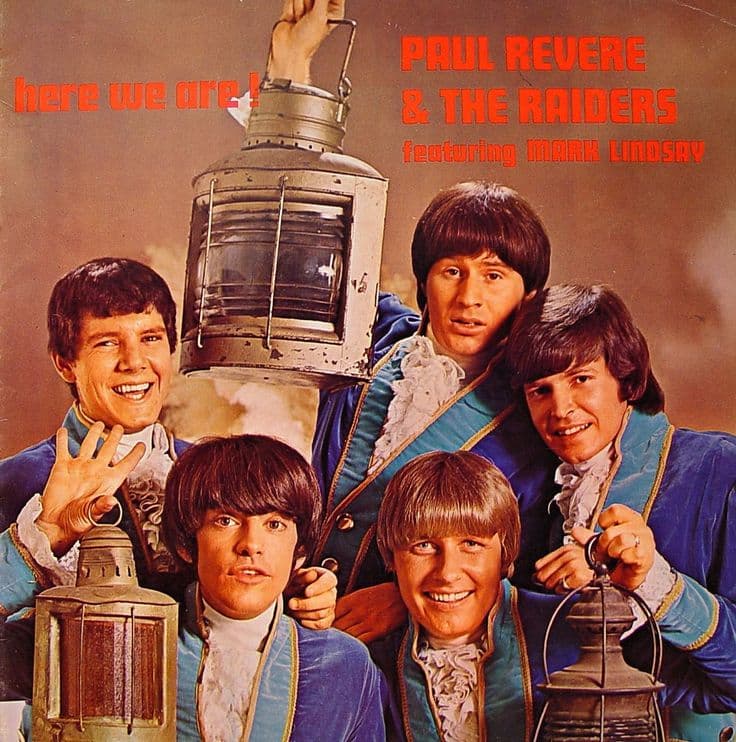
Ballad of a Useless Man: A Stark Reflection on War’s Forgotten Victims
In the tumultuous landscape of the late 1960s, a time when rock and roll was evolving from simple pop tunes into a powerful voice for social commentary, a song emerged from an unlikely source. Paul Revere & The Raiders, a band often associated with their flamboyant, revolutionary-era costumes and exuberant, garage-rock hits like “Kicks” and “Hungry,” released a track that was a stark departure from their signature sound. The song was “Ballad of a Useless Man,” a poignant and somber folk-rock ballad that, despite its profound message, often gets overlooked in the band’s extensive catalog.
Released in 1968, the track was featured on their album Goin’ to Memphis. It’s a song that didn’t climb the charts in the way their more upbeat singles did. Its lack of commercial success on the Billboard Hot 100 is understandable, given the somber and heavy subject matter. While other songs from the album and their career found more prominent positions, “Ballad of a Useless Man” remained a deeper cut, a hidden gem for those willing to look beyond the surface of their “go-go” image. Its meaning and story, however, are far more powerful than any chart position could ever measure.
The story behind the song is a reflection of the era’s pervasive angst and disillusionment with the Vietnam War. While many of their contemporaries were writing explicit protest songs, Paul Revere & The Raiders took a more subtle, yet equally devastating, approach. The lyrics were penned by Mark Lindsay, the band’s charismatic lead singer, and Terry Melcher, their renowned producer. The inspiration for the song came from a place of deep empathy for the young men being sent to war, and the devastating psychological toll it took on them. It’s a narrative song, a story told from the perspective of a soldier returning home, forever changed by the horrors he witnessed.
The central theme of “Ballad of a Useless Man” is the psychological and emotional wreckage left in the wake of war. The soldier returns not as a hero, but as a ghost—haunted, alienated, and unable to reintegrate into a society that no longer understands him. He’s a “useless man” not because he’s without purpose, but because the war has stripped him of the ability to find purpose in a world of peace. The song masterfully captures this sense of alienation, the feeling of being a stranger in one’s own home. The gentle, acoustic melody, a stark contrast to the band’s usual electrified sound, only amplifies the sense of quiet despair and resignation. It’s a heartbreaking portrait of a man who has given everything for his country, only to return to a life that feels hollow and meaningless. For a generation grappling with the realities of a deeply unpopular war, this song served as a mirror, reflecting the profound human cost that went beyond the casualty counts. It’s a nostalgic and reflective piece that, decades later, still resonates with a chilling and timeless truth about the forgotten victims of conflict.